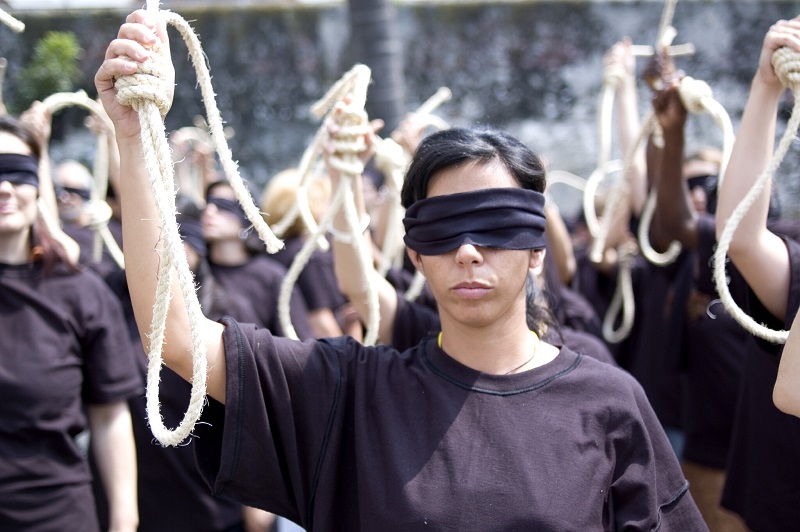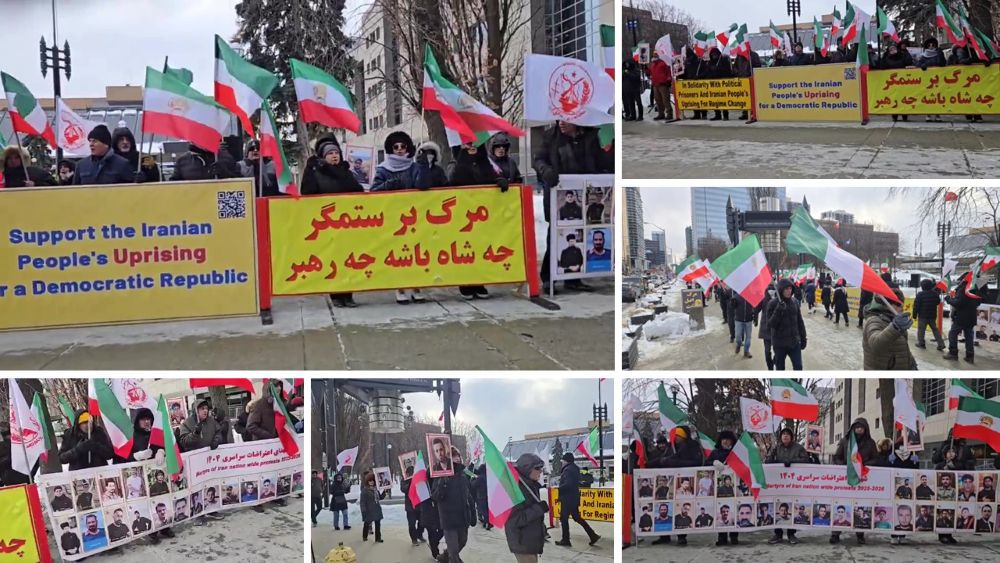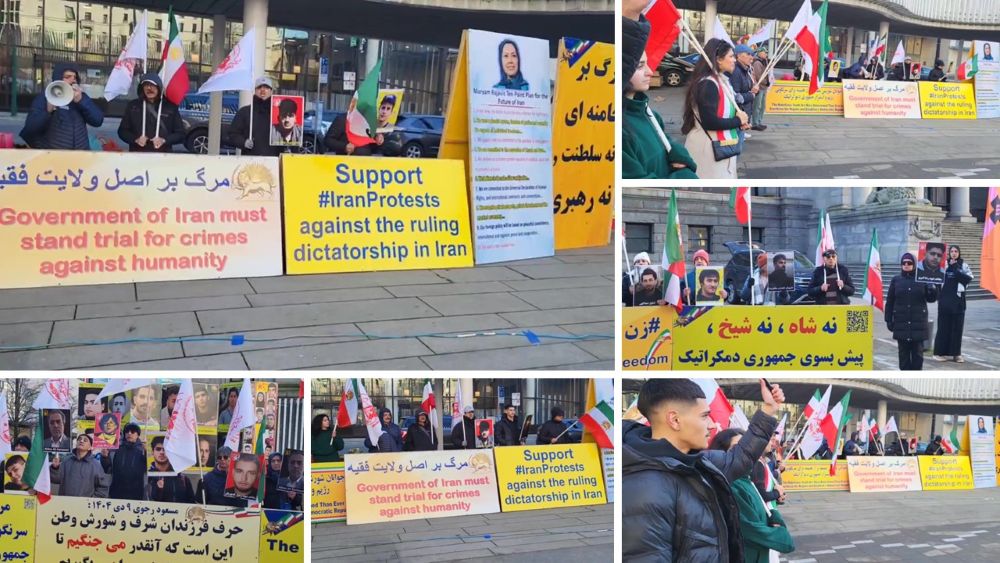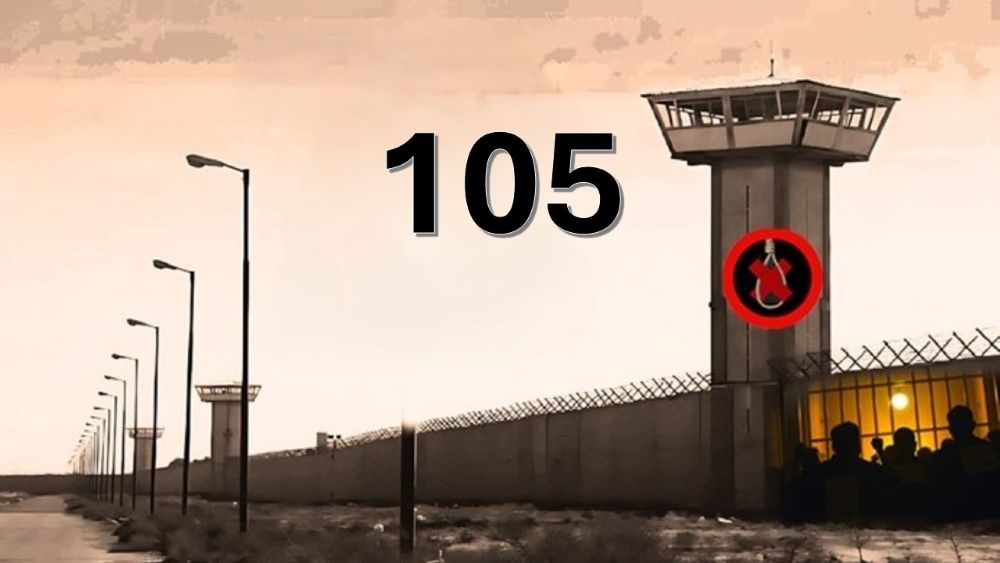
On November 24, despite an international campaign to halt the execution of a juvenile offender in Iran, this was ignored by the Iranian regime and Arman Abdolali’s execution was carried out. Iran is one of the only nations in the world that still hands death sentences to minors, which is in clear violation of international law on human rights.
Majid Saheb Jam, former political prisoner wrote on the National Council of Resistance of Iran (NCRI) website, “It is estimated that the clerical regime is responsible for 70 percent of juvenile death sentences implemented throughout the world over the past 30 years. And despite the outcry from human rights organizations, Western governments, and Iranian activists and expatriates, there is no sign of the trend slowing down anytime soon.”
Despite many international campaigns on a yearly basis to stop Iranian juveniles from being executed, the regime continues to defy the uproar. On occasion, the pressure from the international community does help to force the regime to delay some juvenile executions, but these are often then carried out at later dates after the campaigns have ended, and once regime officials are certain that they will be unlikely to face any serious consequences.
Majid Saheb Jam wrote, “The practice of executing juvenile offenders ostensibly derives from the regime’s fundamentalist interpretation of Islam, which allows for boys to be considered legally responsible at the age of 13, and girls at only nine. If such backward thinking were permitted to override international law, there would be no limit to what the regime could justify.”
This situation isn’t the only time that the regime has been known to violate international laws as there are regular cases of prisoners being convicted based on forced confessions. The regime blatantly undermines the laws and never faces consequences for their violations, which only further inflames their sense of impunity that they’ve had for over three decades.
In 1988, mass executions of political prisoners were carried out by the regime on a grand scale, including a number of juveniles, without facing any consequences, and this trend of feeling untouchable has continued ever since. Many of the detainees were supporters or members of the People’s Mojahedin Organization of Iran (PMOI/MEK), the regime’s first and most serious opposition following the 1979 revolution.
In the early 1980s, groups of politically active minors were sentenced to long prison sentences for supposed crimes, which included distributing pamphlets on the MEK’s behalf.
Mr. Saheb Jam wrote on the NCRI website, “Their sentences were actually light in comparison to those handed down to people with higher-profile roles within the organization. But in the summer of 1988, all were treated the same, regardless of the nature of their so-called crimes or the length of their original sentences.”
In 2016, an audio recording made by the only high-ranking Iranian official to raise questions about the massacre, Hossein Ali Montazeri, was released. In the recording, Montazeri criticized and condemned his colleagues for participating in what he stated as, ‘the worst crime of the Islamic Republic’. He also confirmed that among the prisoners targeted were children, pregnant women and people who had already served their previous sentences.
Saheb Jam wrote, “Of course, the PMOI was aware of these details from the very beginning and had brought Western policymakers’ attention to them as well. Still, the leaked recording reinforced the veracity of the PMOI’s account, which includes a total estimated death toll of over 30,000.”
The extent of the atrocities committed during the summer of 1988 shows that the massacre is clearly a crime against humanity, which in turn demands that investigations from international powers need to be carried out so that the perpetrators can finally be held accountable.
Saheb Jam wrote, “What is needed now is not action statements but real action. The Iranian regime cannot possibly be expected to reform its current practices or improve its human rights record if it is not facing consequences for ongoing abuses, and has never faced consequences for severe abuses in the past.”
Majid Saheb Jam, Former political prisoner (1982-1999); He spent 17 years in prison : Evin, Ghezelhesar, and Gohardasht



